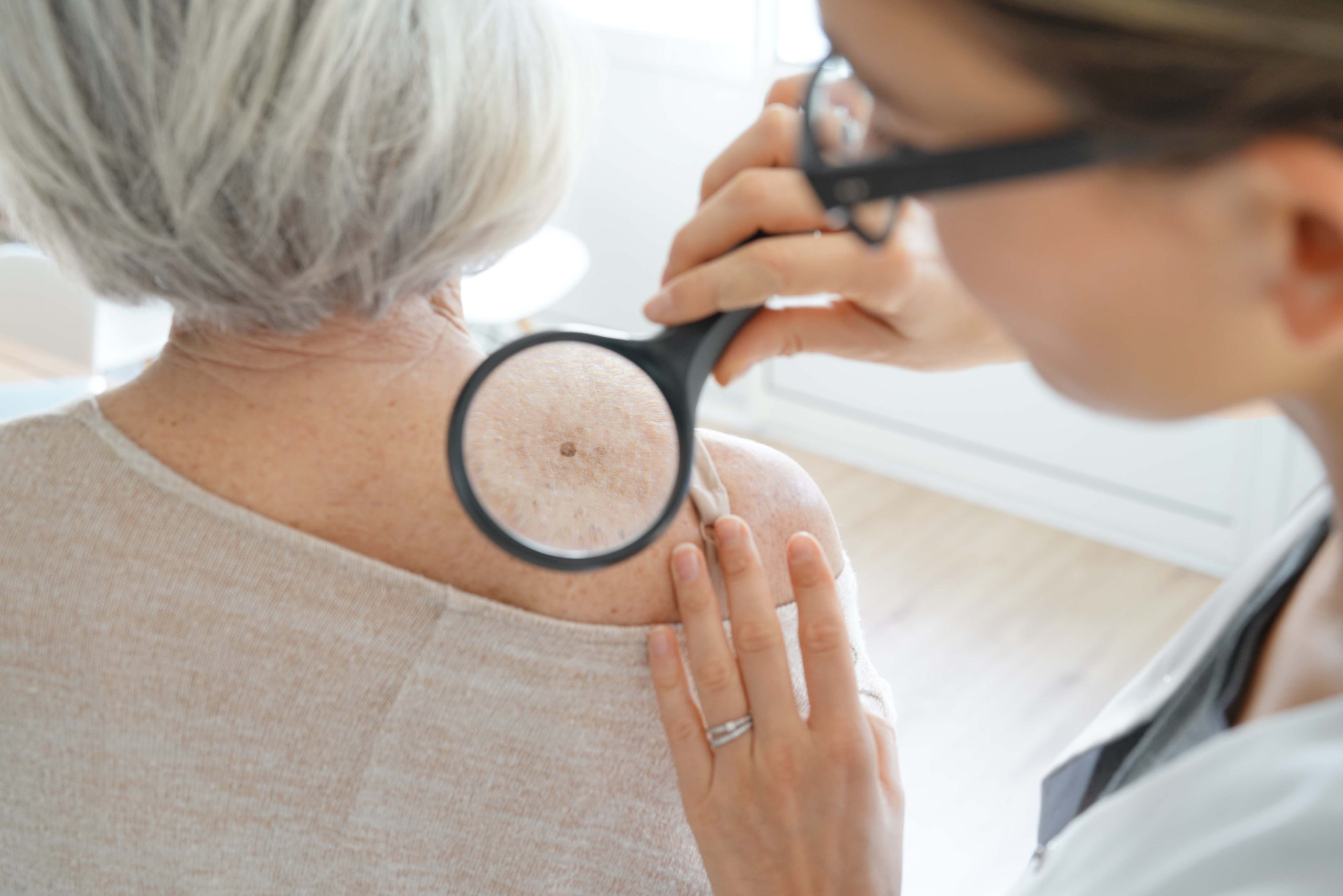
Dermatology focuses on diagnosing and treating conditions affecting the skin, hair, and nails. This medical specialty addresses a wide range of concerns, from routine skin maintenance to complex medical conditions. Understanding dermatology services can help you make informed decisions about your skin health. Here is more information on the scope of dermatology, available treatments, and common conditions treated by specialists:
What Is Dermatology?
Dermatology is a medical specialty that concentrates on the diagnosis, treatment, and prevention of skin disorders. Dermatologists are medical doctors who complete training specifically focused on skin conditions. They treat patients with various concerns ranging from acne and eczema to skin cancer and autoimmune disorders.
The specialty includes both medical dermatology and cosmetic procedures. Medical dermatology addresses health-related skin conditions that may cause discomfort or pose health risks. Cosmetic dermatology focuses on improving the appearance of skin through various treatment options.
Dermatologists also perform surgical procedures when necessary. These may include removing suspicious moles, treating skin cancer, or addressing other conditions requiring surgical intervention. The field requires extensive knowledge of skin anatomy, physiology, and the various factors that can affect skin health.
What Are the Available Services?
Dermatology practices offer a comprehensive range of services to address different patient needs. Medical services include skin cancer screenings, mole evaluations, and treatment of inflammatory conditions. These services focus on diagnosing and managing conditions that can affect overall health and well-being.
Cosmetic services address aesthetic concerns, including signs of aging, sun damage, and irregularities in skin texture. Common cosmetic treatments include chemical peels, laser therapy, and injectable treatments. Surgical services may be necessary for certain conditions. Dermatologists perform procedures such as skin biopsies, cyst removals, and Mohs surgery to treat skin cancer.
What Are Common Skin Conditions?
Acne can occur at any age, though it’s most common during adolescence. This condition develops when hair follicles become clogged with oil and dead skin cells. Eczema, also known as atopic dermatitis, causes red, itchy, and inflamed skin. This chronic condition often begins in childhood but can persist into adulthood.
Psoriasis is an autoimmune condition that causes rapid skin cell turnover, resulting in thick, scaly patches. These patches commonly appear on the elbows, knees, and scalp. Skin cancer represents one of the most serious conditions dermatologists treat. The three main types are basal cell carcinoma, squamous cell carcinoma, and melanoma.
How Can Dermatologists Improve Skin Health?
Professional dermatological care offers an accurate diagnosis of skin conditions that can be difficult to identify without specialized medical training. Dermatologists utilize their expertise to distinguish between various conditions and recommend tailored treatment plans. Treatment plans developed by dermatologists are tailored to meet the individual needs and skin types of each patient. This personalized approach takes into account factors such as age, lifestyle, and medical history.
Regular dermatological care includes preventive measures such as skin cancer screenings and early intervention strategies. These services can identify potential problems before they become more serious or difficult to treat. Preventive care is particularly beneficial for individuals with a family history of skin conditions or those who have experienced significant sun exposure.
Consult a Dermatologist Today
Dermatology provides comprehensive solutions for maintaining and enhancing skin health through specialized medical expertise and targeted treatments. Professional dermatological care addresses both medical concerns and cosmetic goals with evidence-based approaches. Regular consultations can help prevent serious conditions and maintain skin health throughout life. Schedule a consultation with a qualified dermatologist to discuss your specific skin concerns and develop an appropriate treatment plan today.




